
Age verification laws are killing web traffic
With the UK having recently brought the Online Safety Act into force, age verification laws are having a huge effect on traffic to web sites. Predictably, sites which comply with age verification requirements have noticed a marked drop-off in visitor numbers, while the opposite is true for non-compliant sites.
In the UK, it is – currently – only pornographic sites that are supposed to implement age verification (although other sites are supposed to take action to prevent minors from accessing adult material as well). Working via a combination of facial scans and documentation checks, the impact of the law has been felt very quickly.

How much is your privacy at risk from wearable devices?
Wearable devices have brought us numerous benefits in recent years, allowing us to understand our health and fitness level better and encouraging a more active lifestyle. But are they also putting our privacy at risk?
A new report from vpnMentor takes a look into what information wearable devices are collecting. It also investigates how that data is being used, shared and, in some cases, monetized.

Proton introduces emergency access to accounts
Imagine the scenario, you’re suddenly hospitalized or incapacitated following an accident but access to important information like insurance details is locked up in your computer and online accounts which no one else can access.
For this and other emergency situations Proton is launching an Emergency Access feature so that passwords and logins, documents and files will be recoverable by trusted individuals in case of an emergency.
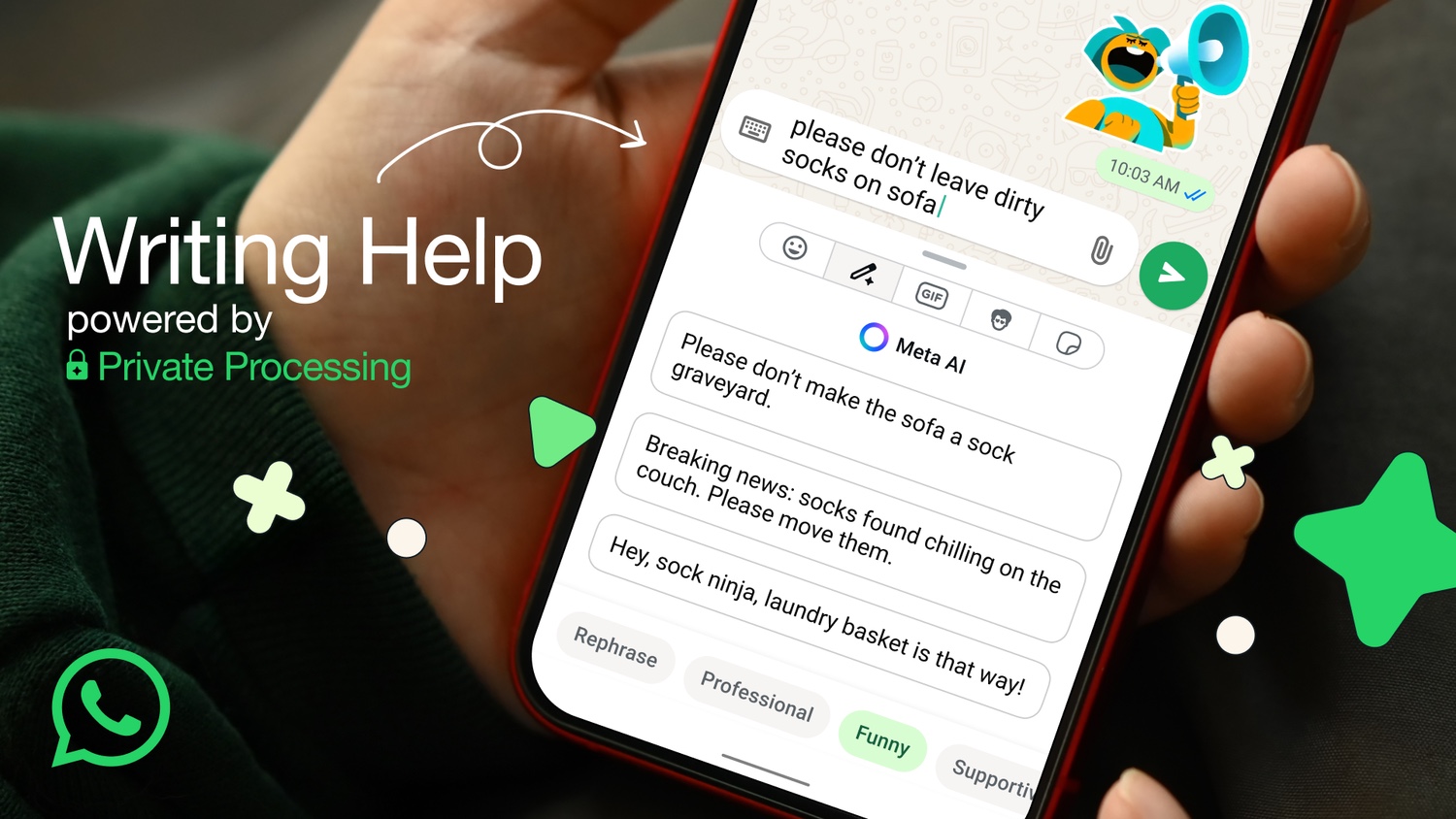
WhatsApp rolls out AI-powered Writing Help feature
WhatsApp is getting another injection of artificial intelligence in the form of Writing Help. As you would guess from the name, this is a tool designed to help you come up with the perfect message for different scenarios.
With Writing Help being billed as something that could be of assistance in all manner of communication, there will be understandable concerns about privacy. WhatsApp is one step ahead of worried users here, pointing out that Writing Help is built on top of Private Processing technology.

Students expect tougher digital identity protection
As students head back to university and college and engage with more digital platforms than ever, new research shows today’s tech-savvy demographic is sounding the alarm on digital identity protection as AI-generated scams surge.
The 2025 Online Identity Study from Jumio shows students globally are both early adopters of generative AI, with 70 percent using AI to create or modify images, but also the group most exposed to its risks.

UK Online Safety Act sparks greater privacy awareness
The UK’s Online Safety Act has already led to controversy in a number of areas, but it seems that, on a positive note, it may have helped drive a growing level of privacy awareness among internet users.
New research from AstrillVPN shows a surge in searches related to privacy tools. Data breach checker ‘Have I Been Pwned’ has topped the list of the UK’s most searched online privacy tools, receiving an average of 67,542 monthly searches.
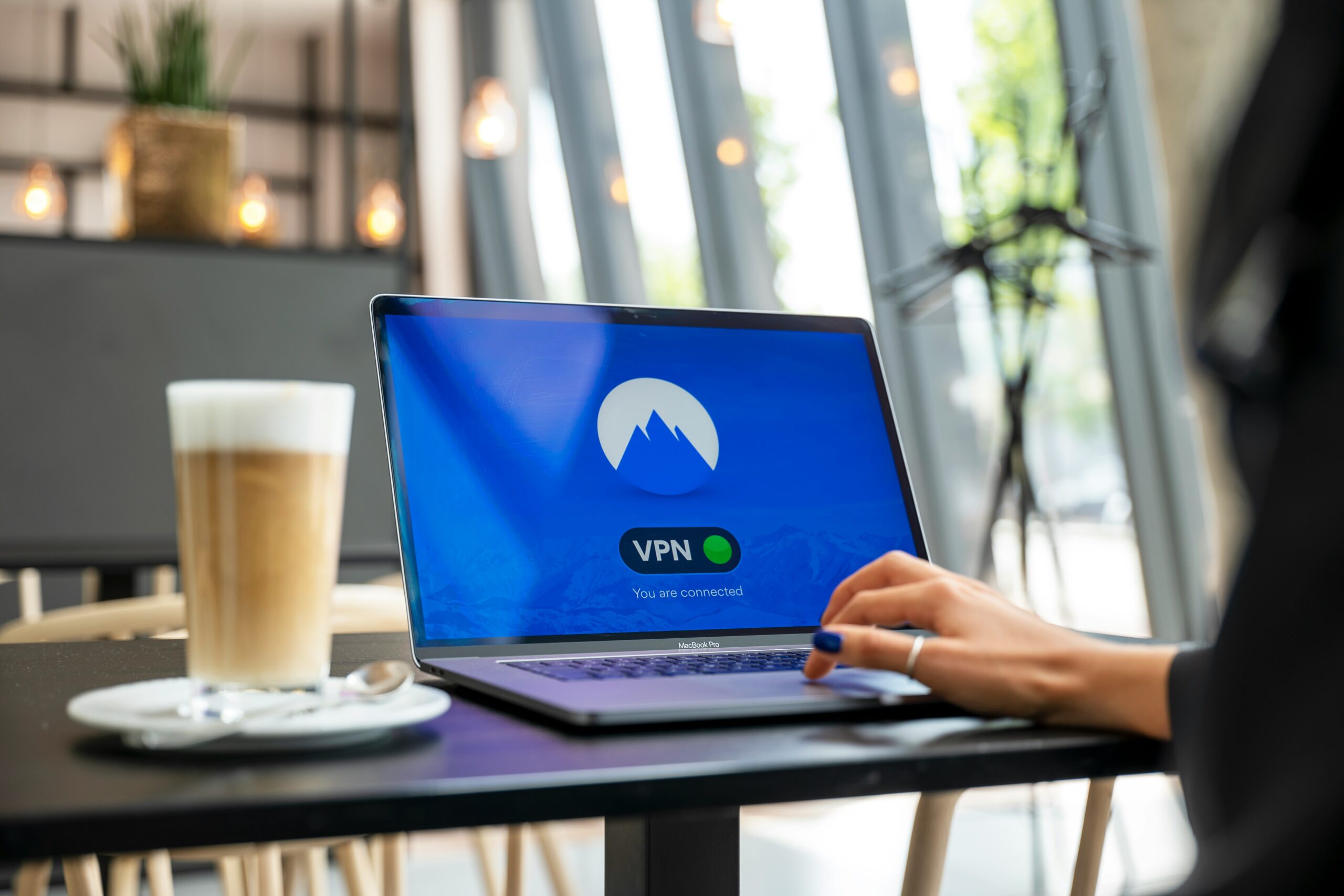
Why using a VPN is becoming more important than ever
There’s been some controversy around the use of VPNs recently, mostly centering on the UK’s Online Safety Act. But despite this August 19th is International VPN Day and NordVPN has issued a timely reminder of the importance of using one.
A VPN isn’t just for tech experts, it’s a first line of defense against surveillance, data theft, and invasive tracking. However, not all VPNs are created equal and free ones may offer weaker protection and end up with your data being sold rather than protected.

UK drops demands for back door access to encrypted Apple data
The UK is no longer seeking a back door that would have allowed it to access encrypted data of Apple users. Controversial from the start, the UK has been pushing for technology firms such as Apple, Meta and others to provide it with access to encrypted users data.
Billed as a crime-fighting measure, the requests outraged not only the companies involved, but also privacy advocates and concerned individuals. But now the US Director of National Intelligence, Tulsi Gabbard, says that the UK has had a change of heart.
New Temporary Chats in Gemini stops Google remembering everything
Google has announced new features for Gemini and changes to the way the AI works. In launching a new Temporary Chats function, Google is really sneaking in the fact that Gemini will – unless you choose otherwise – remember everything you have said to it.
The ability of Gemini (which will be the default) to remember all of your past conversations is sold as a way to make it an “even more personal, proactive and powerful assistant”. There are, of course, privacy concerns.

Spread of AI agents sparks fears of a cybersecurity crisis
A new report reveals an increasing trust gap between businesses deploying agentic AI for external communications and consumers wary of sharing personal information due to security concerns.
The research, carried out by Censuswide for Salt Security, also warns that without proper API discovery, governance and security, the very technology meant to drive smarter customer engagement could open the door to cybersecurity issues including attacks or data leakage.
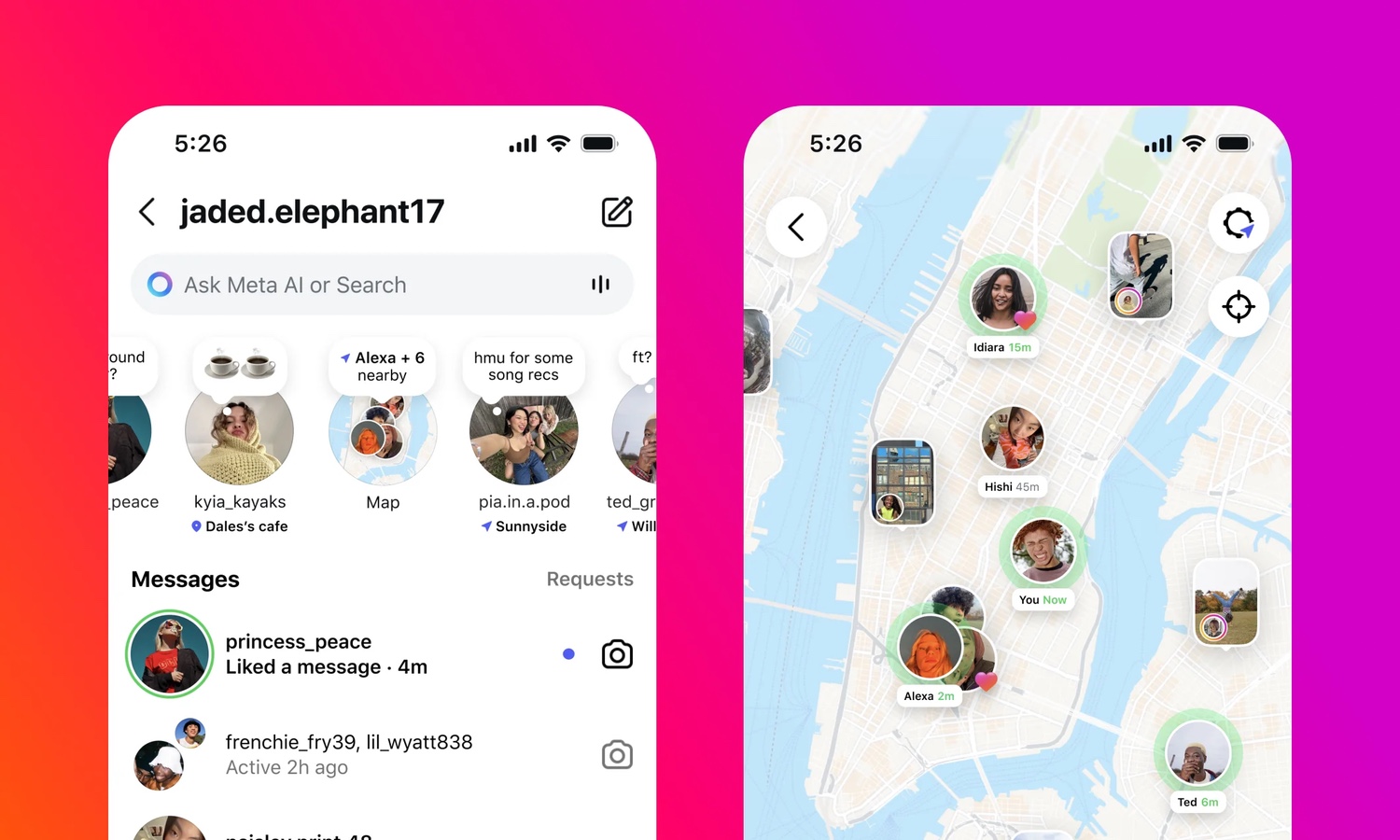
How to stop Instagram sharing your location
Instagram recently added a number of new features, including sharing your location. While some additions – such as reposting – were welcome, location sharing sparked concerns.
The new Instagram map feature allows the people you are connected to on the social media platform to see your location – and you can see theirs. Instagram has pitched this as being useful to parents, but many users are worried about the privacy implications of location sharing.

Could the UK government really ban VPNs?
As we’ve been reporting over the past week interest in VPN use in the UK has spiked following concerns about the Online Safety Act and its age verification rules.
Inevitably the government has noticed the surge in VPN use and while it insists it has no plans to ban their use the science secretary, Peter Kyle, says it will be looking “very closely” at how they’re being employed.
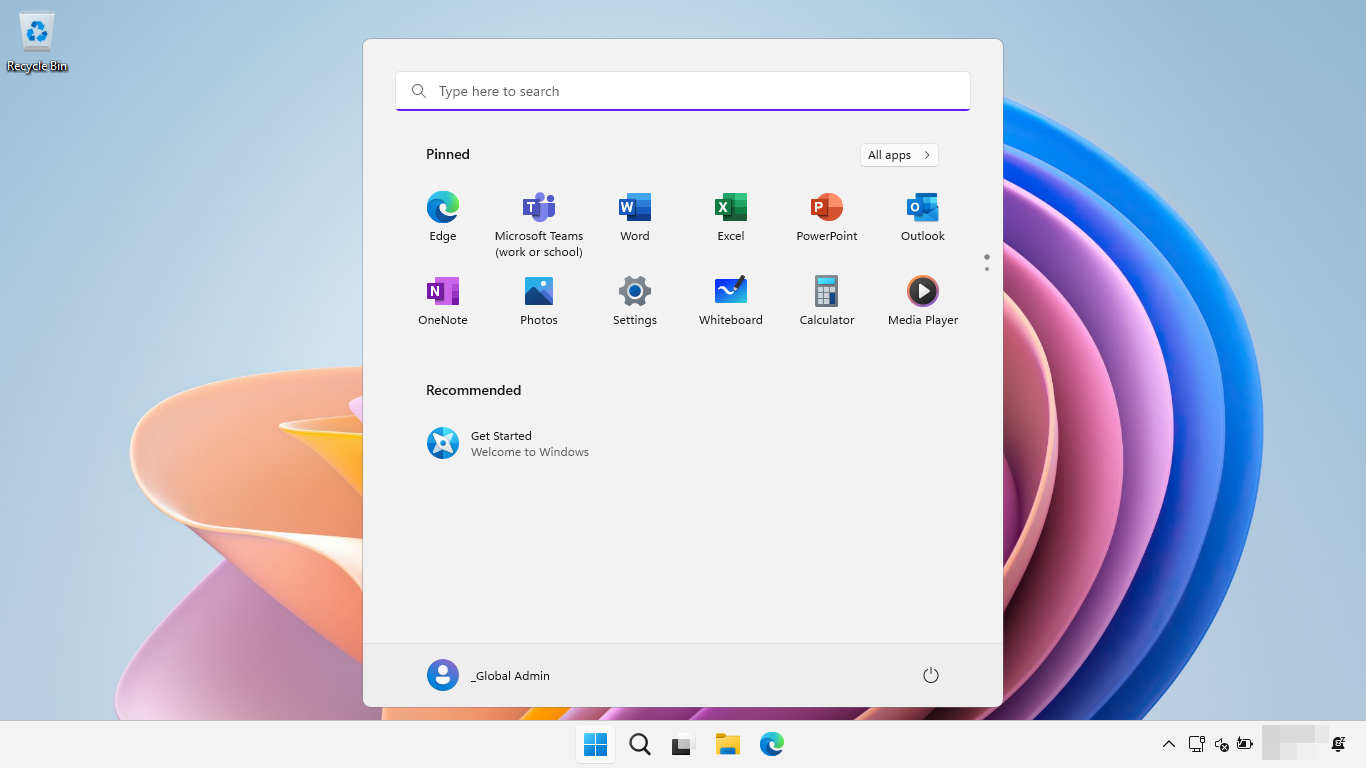
Microsoft Recall is bad at filtering sensitive information
Whenever there are privacy concerns voiced about software, they are almost always downplayed. But fears about Microsoft Recall appear to be well justified.
Announced and previewed last year, Microsoft Recall is a feature of Windows 11 which Microsoft says enables users to retrace their steps. It does this by capturing screenshots of computing activity, which can then be analyzed and searched using AI to home in on data, return to a project, and much more. But there have been lots of vocal protests about the potential for invasions of privacy.

Concerns mount around UK Online Safety Act
As we reported earlier this week, the UK’s new Online Safety Act has seen a surge in interest in the use of VPNs and an online petition for its repeal has been signed by over 400,000 people.
An article published yesterday by The Critic argues that the legislation is badly drafted. Industry figures too are raising doubts about the effectiveness of the act, its likely wider impact on cybersecurity and its potential for overreach.
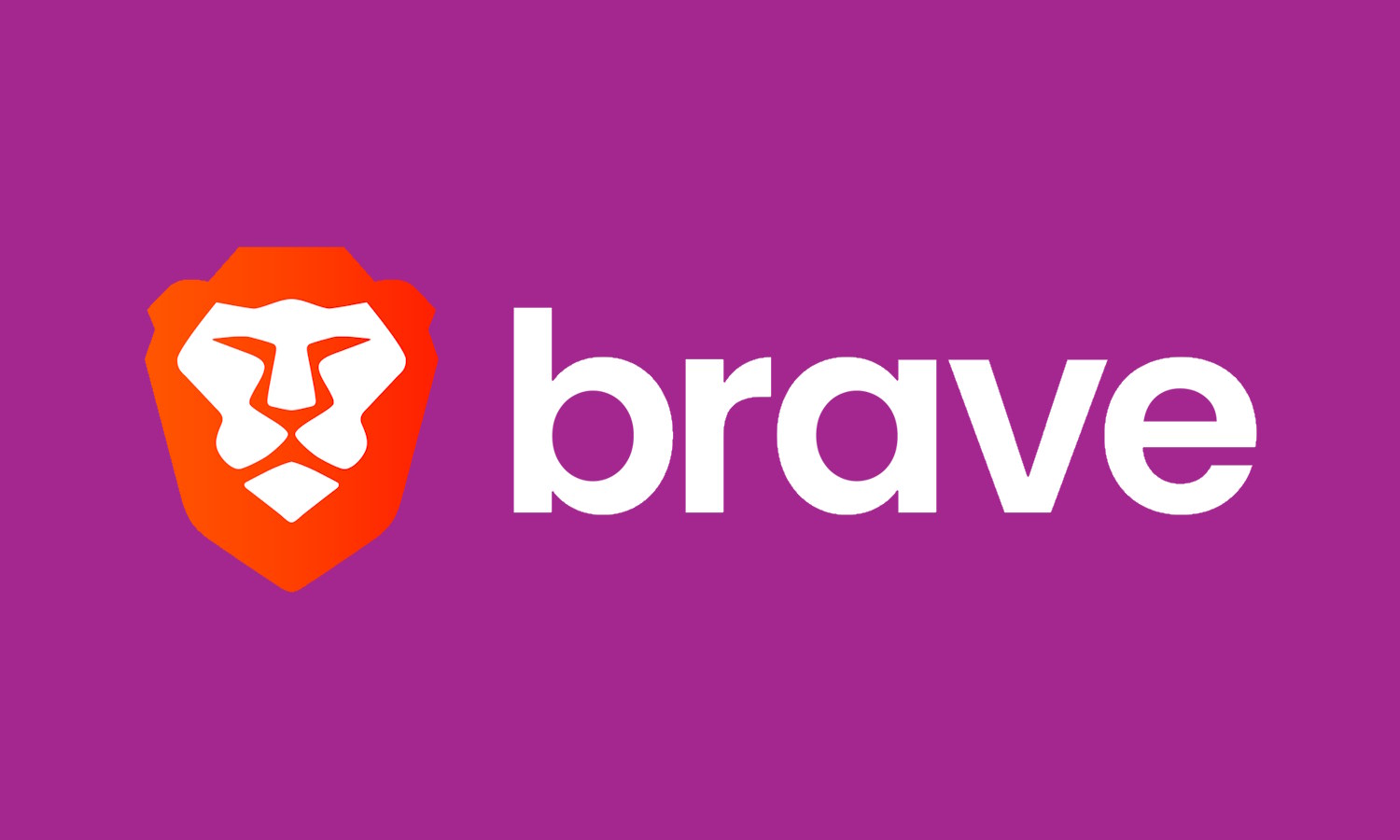
Brave browser blocks Microsoft Recall to protect your browsing activity
The Brave Privacy Team has announced that its web browser will block Microsoft Recall from taking screenshots.
The privacy measure comes after Microsoft started the rollout of the controversial feature, having been forced to make significant changes to the way it works. While Recall is now an opt-in feature, Brave’s announcement caters for those who would like not only more privacy, but more control.
